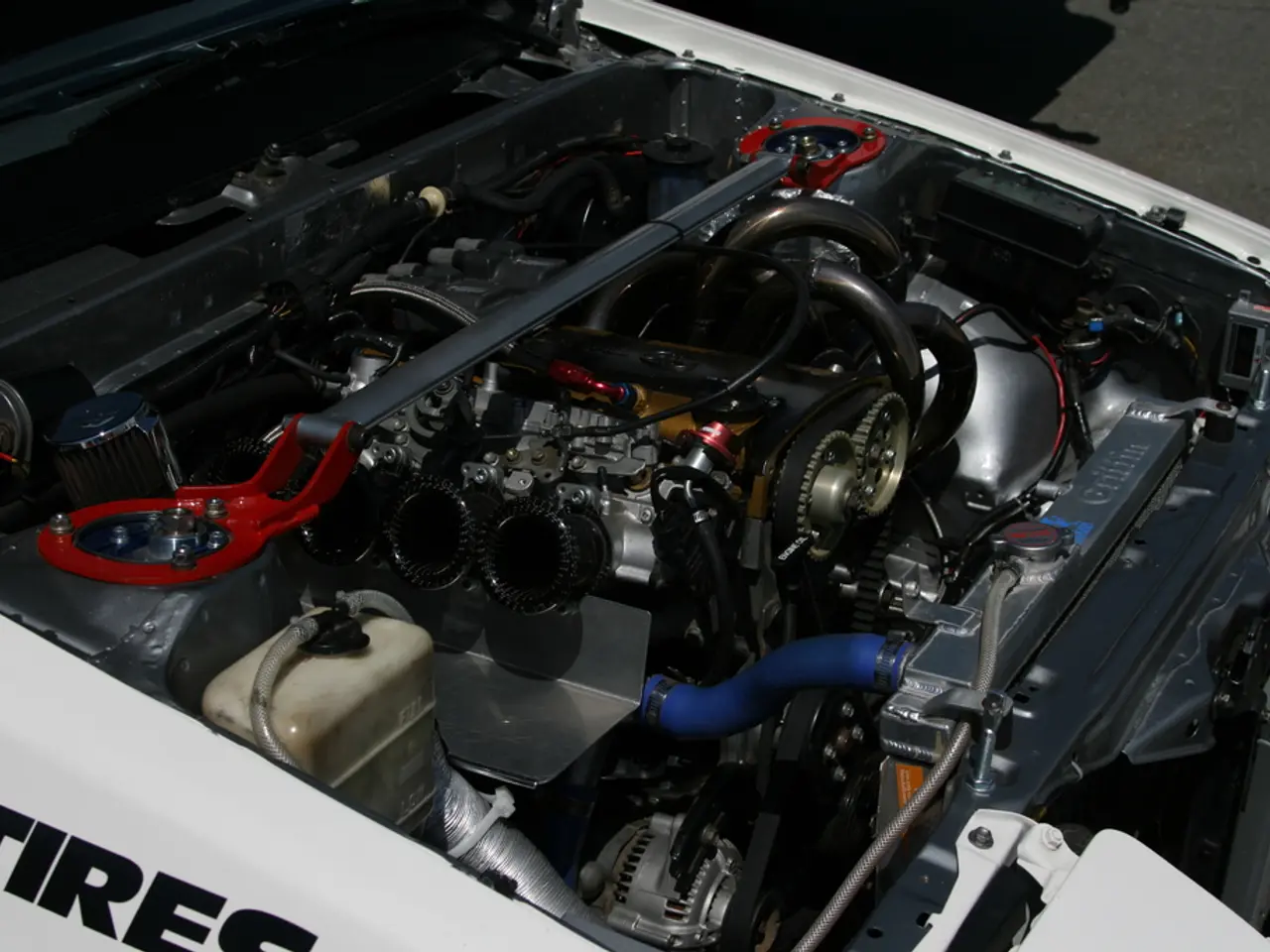Tesla appears to be holding back from embracing solid-state batteries, as signaled by recent developments involving CATL and Panasonic.
Tesla and the Future of Solid-State Batteries: A Timeline
The electric vehicle (EV) industry has been abuzz with the prospect of solid-state battery technology, promising double the range, lightning-fast charging, and improved safety compared to current lithium-ion batteries. However, a closer look at the timeline for solid-state battery mass production relevant to Tesla suggests that the wait might be longer than expected.
2026: Some solid-state batteries may enter limited semi-commercial/premium model phases from other companies, but Tesla is expected to continue improving its lithium-ion batteries without mass solid-state use yet.
2027: Large-scale EV solid-state battery production becomes more plausible, according to battery makers Panasonic and CATL. However, challenges such as scaling manufacturing processes, ensuring durability of millions of cells under real-world conditions, and passing regulatory safety certifications remain.
2028–2030: General mass production and mainstream vehicle adoption by other companies like Toyota are expected. Tesla is likely to follow with mass solid-state battery use post-2030 once technical, manufacturing, and cost challenges are solved.
In the meantime, Tesla is focusing on improving current lithium-ion batteries and next-generation lithium-metal cells with advanced chemistries and manufacturing techniques. Elon Musk has unveiled other battery innovations aiming for mass production by 2026, but these do not appear to be solid-state batteries and instead represent evolutionary improvements of lithium-based technology.
For most EV drivers, the functional difference between a 400-mile EV that charges in under 15 minutes using advanced lithium-ion and a 600-mile solid-state car might be minimal. The iPhone SE delivers practical, proven performance over unproven promises, similar to Tesla's strategy of sticking with lithium-ion for now.
Industry insiders argue that faster charging and lower production costs are the real battlegrounds in the EV market. CATL, the world's largest battery maker, projects that large-scale EV-ready solid-state production might be possible by 2027, but only if everything goes right. Emerging silicon-anode battery upgrades for Tesla could boost capacity by 20% or more, translating to more range, faster charging, and lower cost per mile in Tesla vehicles.
The timing and affordability of solid-state technology, rather than its range potential, will likely determine when Tesla adopts it. Panasonic's CTO has stated that solid-state batteries for Tesla cars aren't likely anytime soon, hinting that the tech is better suited for drones or power tools at its current stage.
Torque News, a source of expert news and analysis about the automotive industry with a focus on Tesla and electric vehicles, reports that Armen Hareyan, the founder and Editor-in-Chief of Torque News, an expert in the automotive industry with a special interest in Tesla and electric vehicles, believes that Tesla's focus on lithium-ion battery improvements for Tesla models could be a black swan opportunity in the EV market, as the biggest disruptors are often the ones who bet on timing, not just technology.
In brief, Tesla solid-state battery mass production is probably at least 5+ years away, with 2030+ being a realistic earliest timeframe based on current industry development and supplier signals. Tesla's near-term battery advances rely on improved lithium-based technologies rather than full solid-state designs.
Investing in real-estate and data-and-cloud-computing sectors could prove valuable, as advancements in technology are likely to drive down the cost of electric vehicle (EV) production, escalating demand for both storage and computing infrastructure. The adoption of solid-state batteries by Tesla, once mass production becomes viable and cost-effective, could disrupt the entire EV market.
As Tesla focuses on improving lithium-ion batteries and next-generation lithium-metal cells, Financing these technology improvements and related infrastructure may be essential for maintaining a competitive edge. Electric vehicle drivers who seek the practical, proven performance offered by lithium-ion batteries may find investing in EV manufacturers a sound choice, given the uncertain timeline for solid-state technology adoption.




